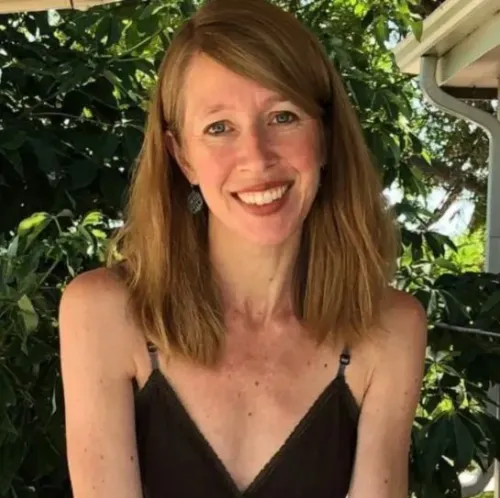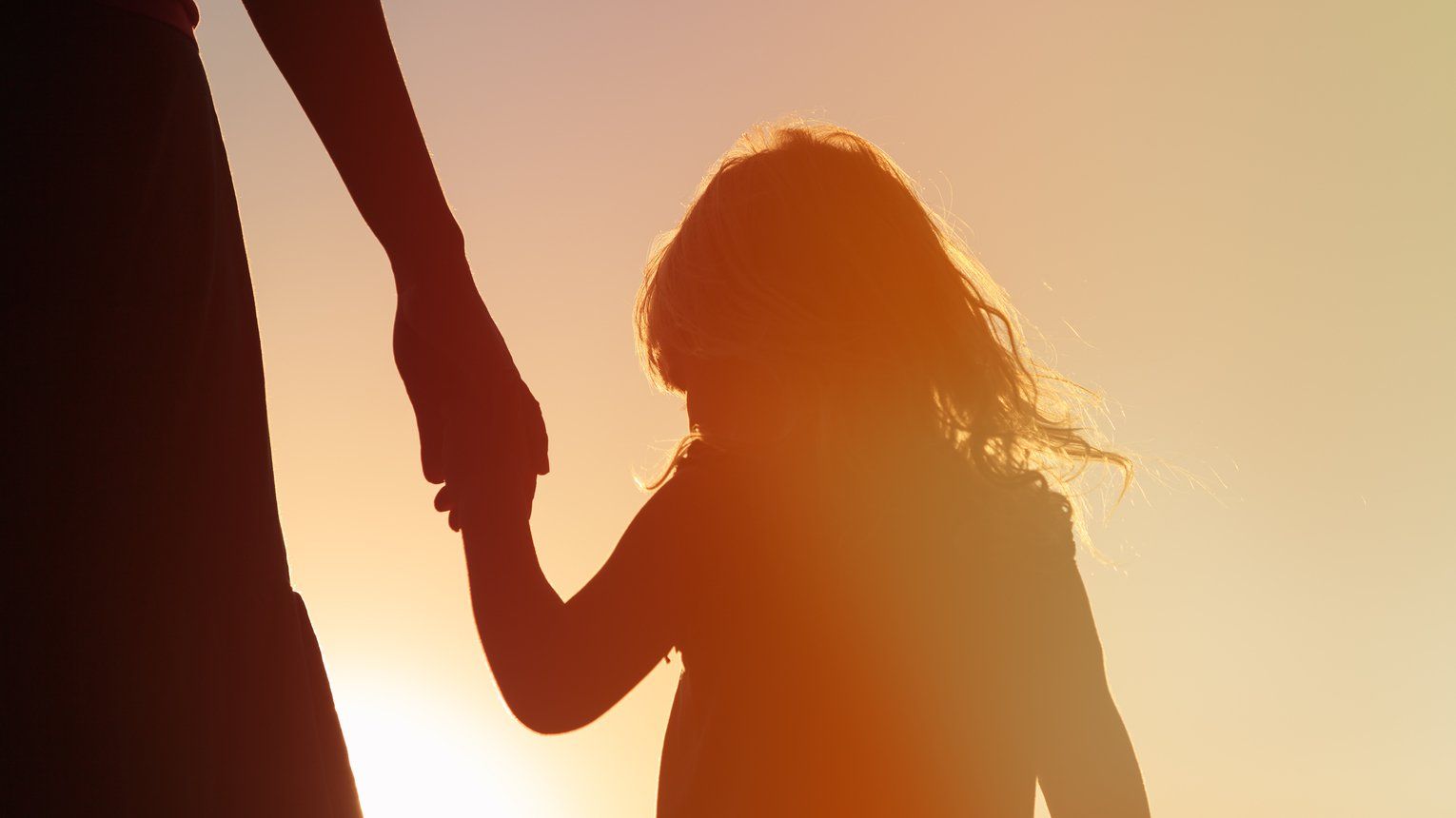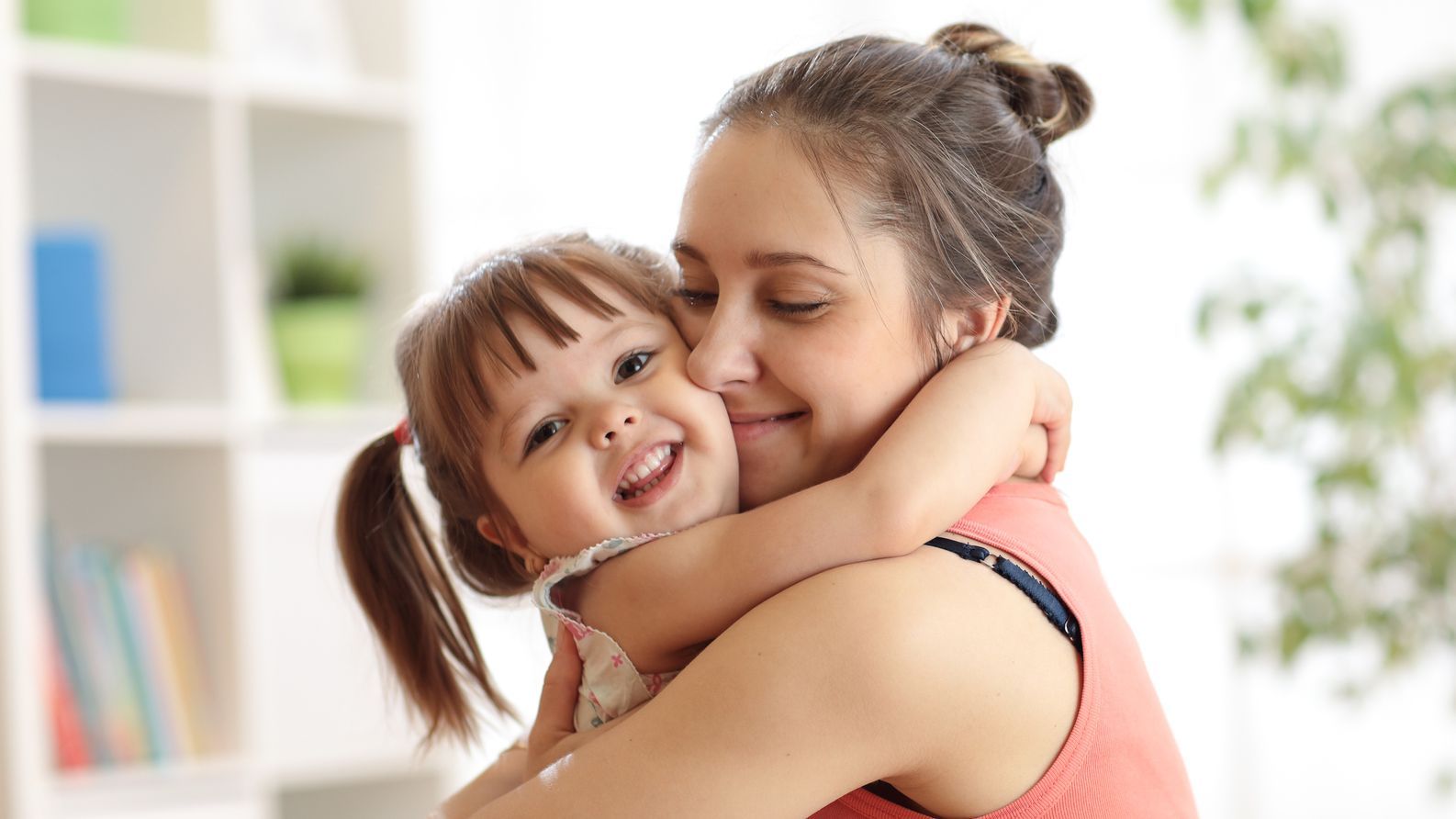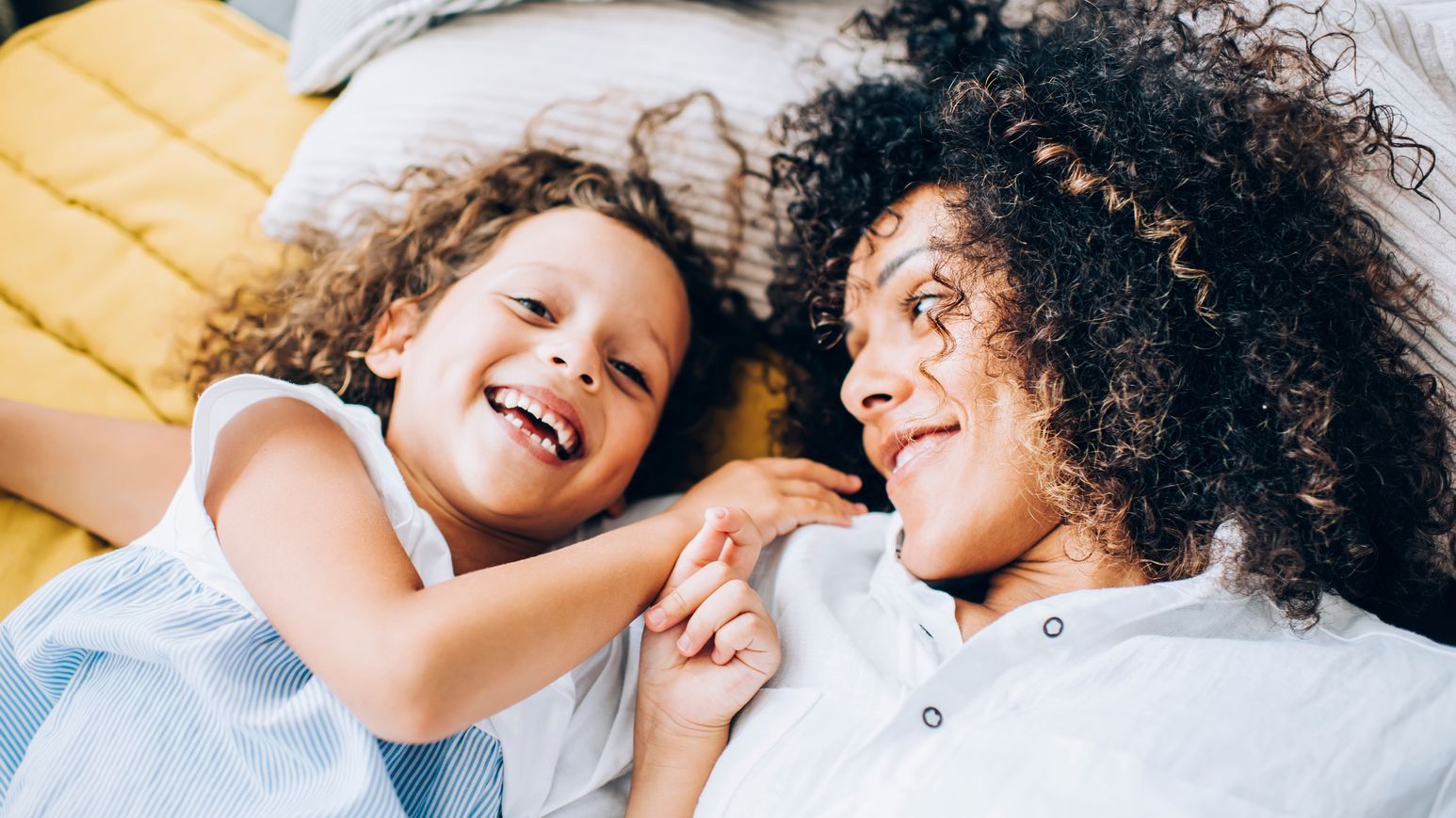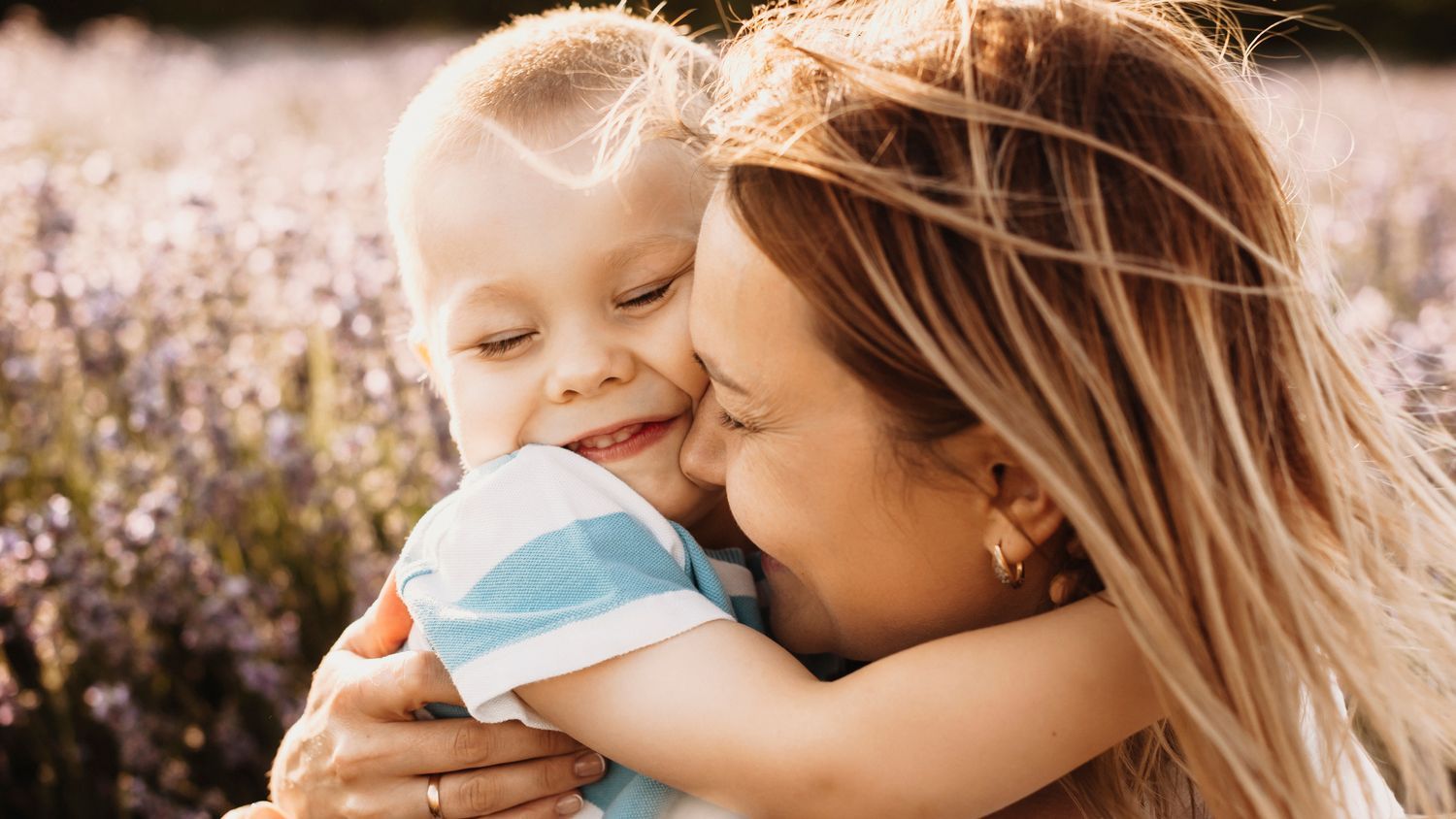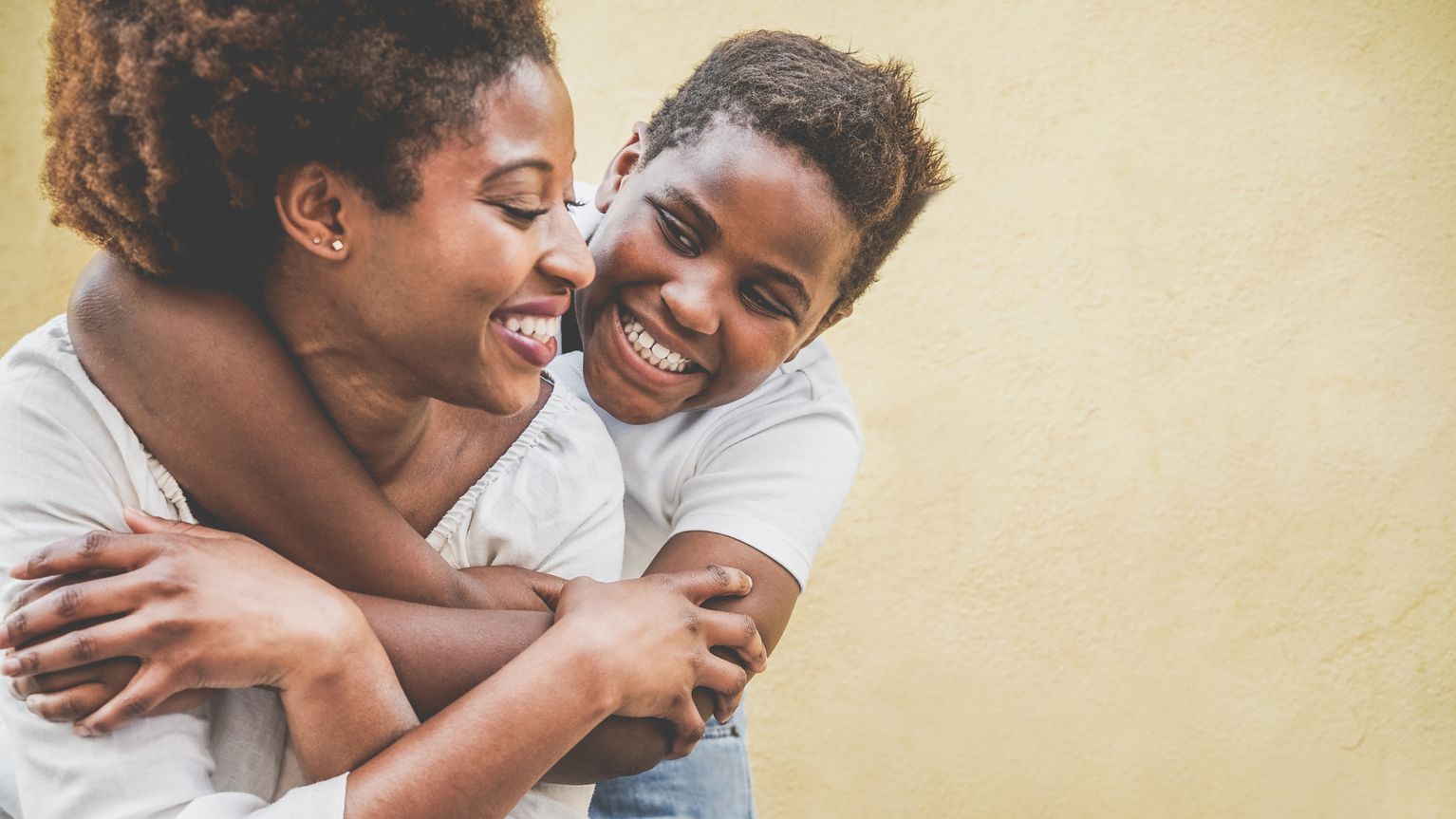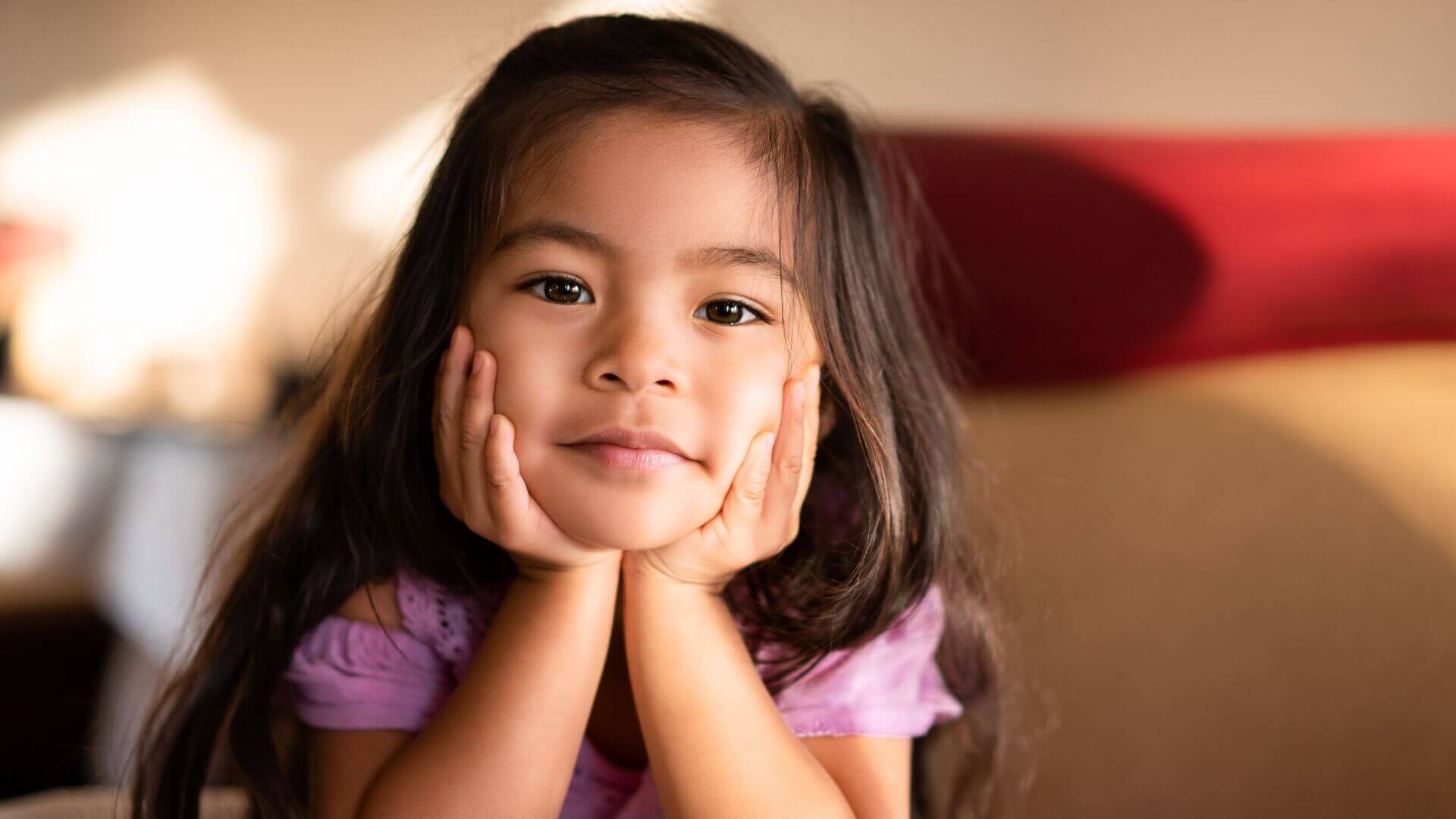
Children's mental health isn't where it needs to be. In the United States alone, an alarming 7.4% of children aged 3-17 years (approximately 4.5 million) have a diagnosed behavior problem; 7.1% of children aged 3-17 years (approximately 4.4 million) have diagnosed anxiety; 3.2% of children aged 3-17 years (approximately 1.9 million) have diagnosed depression.
What's causing the crisis in children's mental health?
Although every crisis has myriad complex contributing factors, one theory to explore is that of chronic disconnection. This "disconnection" isn't the electronic variety, of course – it's disconnection from people. Specifically, it's disconnection from the relationships that matter most. No online community or other substitute can entirely fill that void.
It's likely not as simple as turning off our devices, however. While that may or may not play a part in the disconnection, we're certainly in a culture that promotes soul-altering and ongoing "busy-ness."
We've often traded sit-down family mealtime for snacks on the go; hand holding for handoffs; relaxed conversation for the mad dash to the next whatever-it-is-we're-doing-- and very little of it with so much as a moment's eye contact.
While some of these things are fine, of course, they're no replacement for the secure relationships in which children are supported to thrive.
What can we do to get children's mental health on track?
Fortunately, other causes aside, chronic disconnection is one we can address head-on. And when we do, step by step, we can offer our children an olive branch – a healing path back to reconnection.
There is hope in the healing.
We can partner with schools.
Addressing mental health needs in school is critically important. One in 10 young people have a mental health challenge that is severe enough to impair how they function at home, at school, or in the community. With 1 in 5 children and youth having a diagnosable emotional, behavioral, or mental health disorder – we know there's a measurable problem. Many school counselors and other experts are trained to help if they see a child struggling – or if we're brave enough to ask for support.
We don't have to fix this alone. The school system, by definition, is designed to support children.
We can work with parent coach professionals who are trained to help.
Likewise, outside the school system, there are other parents – parent coach professionals – who understand the importance of parents' and children's mental health. They can support you, and more than that, they can listen to you – your fears, your worries, and anything else you may be feeling about your child's struggles. They can help you pursue the peace you innately crave, to find the healing your family needs.
Parent coaches help parents "parent with the brain in mind" to improve communication and executive function skills in their children. By approaching challenging situations and behaviors thoughtfully, calmly, and confidently, they support parents to engage their child in meaningful interactions that promote problem-solving, communication, confidence, and self-efficacy. These can all be key components of a child's mental health.
Parent coaches can support you using tools and resources that others may not; to empower you to be there for your child and support them in a whole new way.
We can attend parent coaching training, and even become a parenting life coach for others.
Parent coaching is a flexible and nonjudgmental approach to helping parents to help their kids – and we can empower you to help others, grounded in the healing experience of your own journey.
Through the parent coaching process, we help make a generational impact on your family – and anyone else you choose to invite on the path to healing.
Why generational?
Conscious parenting is truly inspired parenting – there's a saying that when we heal our parenting, we heal our children's children. We no longer need to pass on the hurts of prior generations; the wounds untended. We can know, and pass on, a deep sense of emotional freedom.
There's hope for children's mental health.
Raising our children from a place of healing, rather than a place of suffering, can only have a positive effect on children's mental health. And that is a gift that they can pass along and help create a more grounded and emotionally healthy world.
Meet Your Author, Sarah R. Moore
Sarah R. Moore is the founder of Dandelion Seeds Positive Parenting and a Master Trainer for the Jai Institute for Parenting. As a certified gentle parenting coach who's studied directly with some of the world's most respected psychologists, neuroscientists, researchers, and advocates for children, she’s a regular contributor to international parenting magazines.
With readers on six continents, she's also a frequent guest on podcasts and parenting summits. She offers a popular series of mini-courses, webinars, and FREE expert interviews. Additionally, she's the Editor for Pregnancy Magazine. She’s currently writing a book that will be released this year. Follow her on Instagram, Facebook, Pinterest, Twitter, and YouTube.
KEEP READING:


